Parliamentary, provincial and several municipal elections were held in Serbia on December 17. The right-wing Serbian Progressive Party's (SNS) hold on power and the position of its leader, President Aleksandar Vucic, appear to be unshakable for the time being. The ethnic Hungarian representation in Vojvodina has also achieved its goal: clearing the five-mandate threshold to form a parliamentary group, to continue asserting native Hungarian minority interests in the country. Western Balkans expert Anna Orosz talked to Magyar Nemzet about the domestic and foreign policy situation in Serbia post-elections.
Serbian Elections: Hungarians in Vojvodina Have Reason to Celebrate
The Serbian Progressive Party (SNS) wins a landslide victory in Sunday's early elections and the Alliance of Hungarians in Vojvodina also performed exceptionally well, producing results that will be beneficial going forward for ethnic Hungarians, Anna Orosz, a researcher at the Hungarian Institute of International Affairs, told Magyar Nemzet, adding that Hungary-Serbia relations will likely continue to flourish.
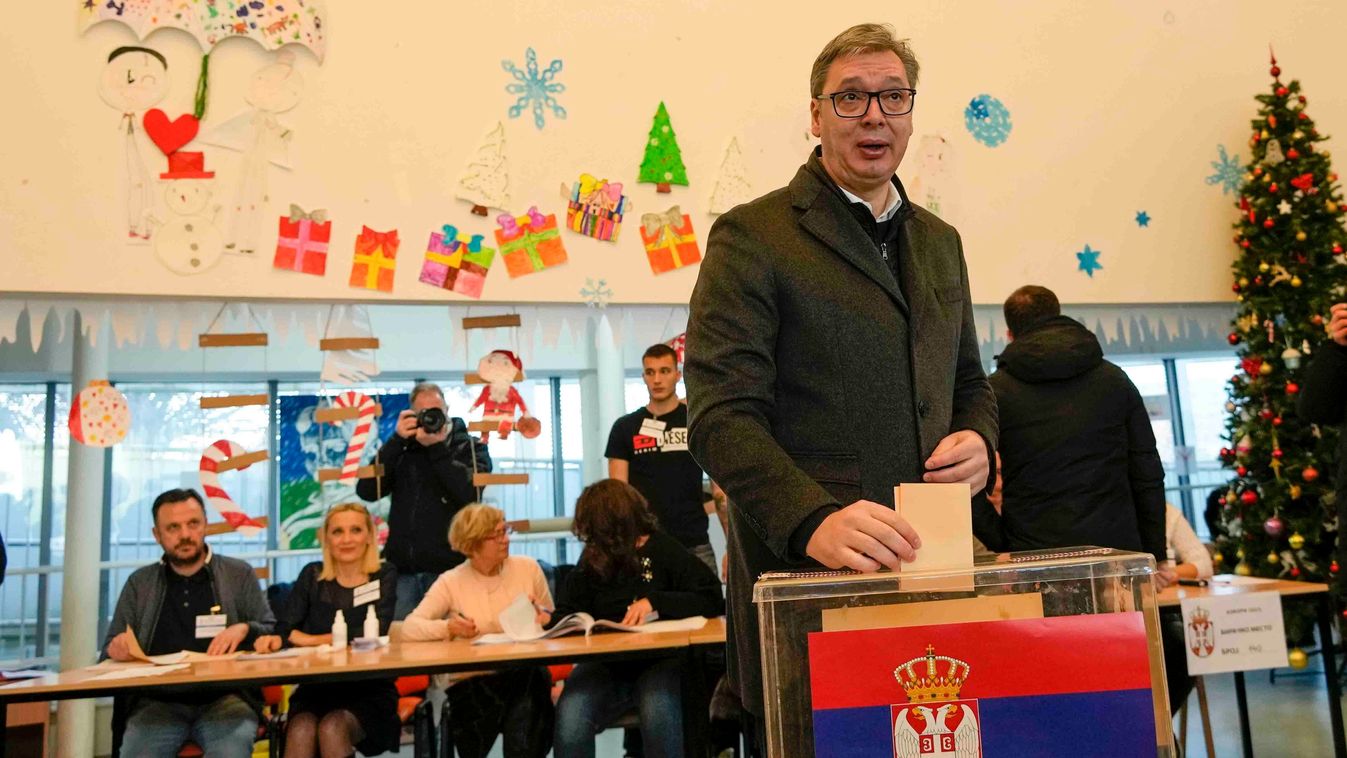
The researcher for the Hungarian Institute of International Affairs explained that the Serbian Progressive Party (SNS) will maintain its leading position in domestic politics and is very likely to continue cooperation with the Serbian Socialist Party (SPS) and the Alliance of Hungarians in Vojvodina (VMSZ), and possibly further enhancing it with a potential alliance with NADA, another right-wing party.
Anna Orosz underlined,
The continuing cooperation of the Serbian Progressive Party (SNS) with the Alliance of Hungarians in Vojvodina (VMSZ), likely without any change to the framework, is practically a given, as SNS has held on to power in both Vojvodina, as well as on a national level.
The picture, however according to the expert, is somewhat tainted by the opposition cries of electoral fraud. They are accusing SNS of transporting 40,000 non-Belgrade residents to the capital in order to influence the results.
Serbian foreign policy remains at odds with the EU's vision, as Brussels is not fully satisfied with Serbia's positions in international politics and is therefore unwilling to ramp up the country's membership negotiation process, a situation that is also exacerbated by the situation in Kosovo. Anna Orosz explained that the tightrope balancing act between Europe, America and Russia is likely to remain in place.
What can be stated here is that the balance of power has not changed, in fact, if anything the position of SNS has improved. The three-way swinging politics will remain between the United States, the European Union and Russia, in which benefits can be gleaned from both the East and the West. Another factor likely to increase SNS's and President Vucic's room for manoeuvre is that the extreme right-wing parties have been squeezed out of Parliament,
which, the researcher maintains, will broaden the head of state's scope of movement in foreign politics as well.
Giant victory follows tragedy
After the death of Istvan Pasztor, the president of the VMSZ, his son Balint Pasztor took over as acting leader of the party, thus maintaining a strong ethnic Hungarian representation within the association. According to the Western Balkans expert, no major change in the fate of the Hungarian community there is expected, as good relations with President Vucic's party have been ongoing.
Problems still arise in domestic politics, and while the expert does not expect much dissatisfaction, Orosz believes that the strongly pro-EU Serbian camp will voice their complaints the loudest, while on the other side of the spectrum, the far right-wing - now having lost its positions - may also be vocal against the Serbian leadership, but this will be less of a determinant factor. The researcher stressed that
In the longer term, the resolution of the social tensions that plague Serbia today will depend to a large extent on how long the current inflation and high energy prices hold. As long as the problems affecting the population persist, these sort of tensions will continue.
The post-election situation in Serbia is likely to also benefit the Hungarians of Vojvodina, not only the ruling SNS party, and in all likelihood enhance the positive trajectory of Serbian-Hungarian relations, while further cool Belgrade-EU relations.
Cover photo: Serbian incumbent President Aleksandar Vucic, chairman of the Serbian Progressive Party (SNS), votes in the Serbian early elections in Belgrade on December 17, 2023 (Photo: MTI/AP/Darko Vojinovic)
Komment
Összesen 0 komment
A kommentek nem szerkesztett tartalmak, tartalmuk a szerzőjük álláspontját tükrözi. Mielőtt hozzászólna, kérjük, olvassa el a kommentszabályzatot.
A téma legfrissebb hírei
Tovább az összes cikkhez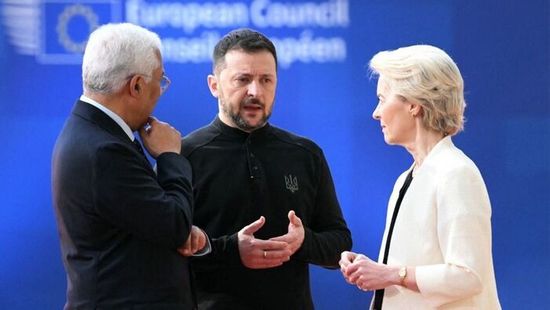
European Commission or Ukraine Commission? – Whose Interests Come First in Brussels?
The expert explained the long-term consequences if Brussels prioritizes a candidate country over member states.
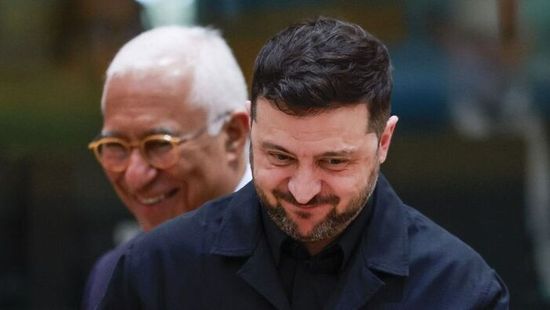
Brussels Wants to Drag Hungary into War Madness
They have decided to continue the war.
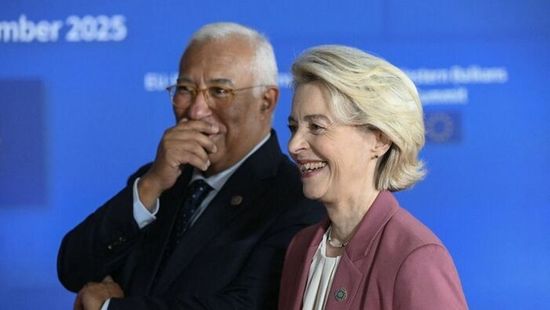
Brussels Agrees with Zelensky, Once Again Everything Revolves Around Ukraine
They do not care even if Hungarians are crushed by high energy prices.
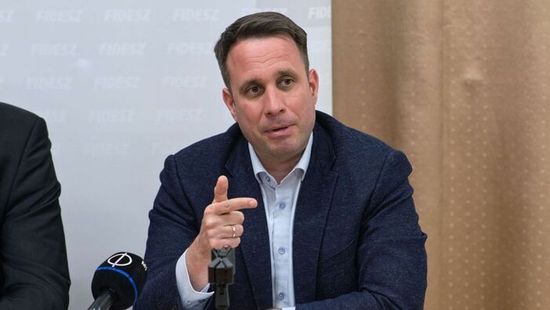
Tisza Party Exposed By Its Own Pro-War Ally + Video
The speech contains everything, including what Tisza Party politicians deny back at home, MEP Domotor said.
Ne maradjon le a Magyar Nemzet legjobb írásairól, olvassa őket minden nap!
- Iratkozzon fel hírlevelünkre
- Csatlakozzon hozzánk Facebookon és Twitteren
- Kövesse csatornáinkat Instagrammon, Videán, YouTube-on és RSS-en

Címoldalról ajánljuk
Tovább az összes cikkhez
European Commission or Ukraine Commission? – Whose Interests Come First in Brussels?
The expert explained the long-term consequences if Brussels prioritizes a candidate country over member states.

Brussels Wants to Drag Hungary into War Madness
They have decided to continue the war.

Brussels Agrees with Zelensky, Once Again Everything Revolves Around Ukraine
They do not care even if Hungarians are crushed by high energy prices.

Tisza Party Exposed By Its Own Pro-War Ally + Video
The speech contains everything, including what Tisza Party politicians deny back at home, MEP Domotor said.


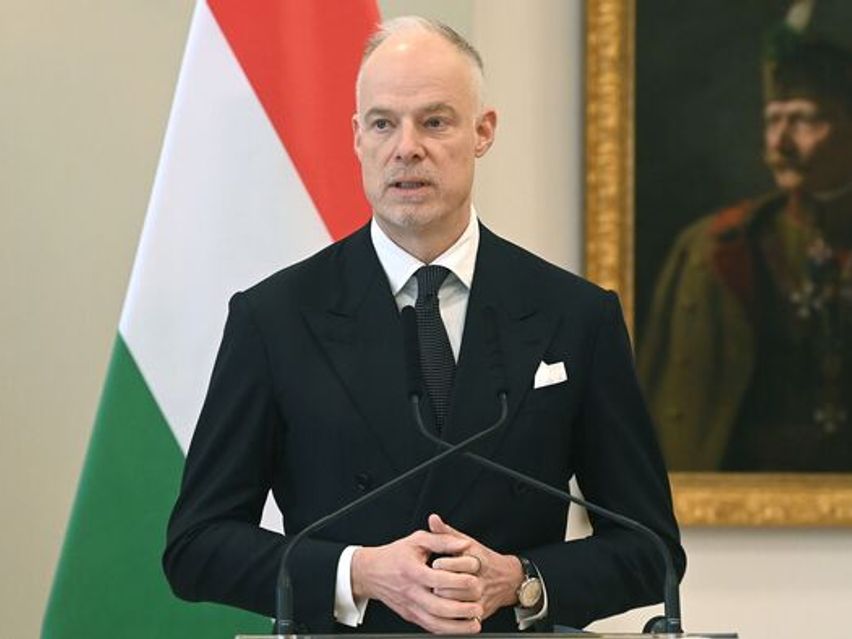


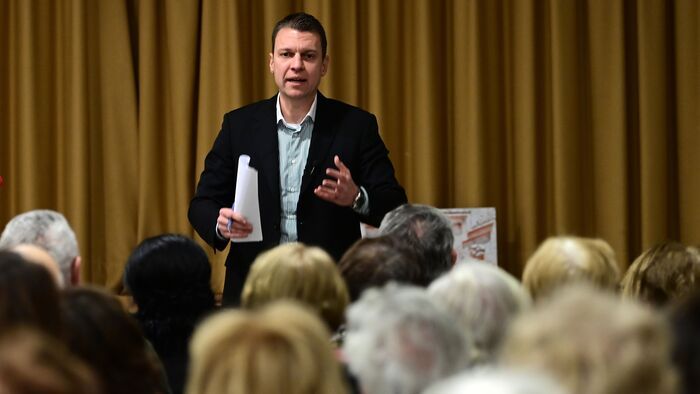
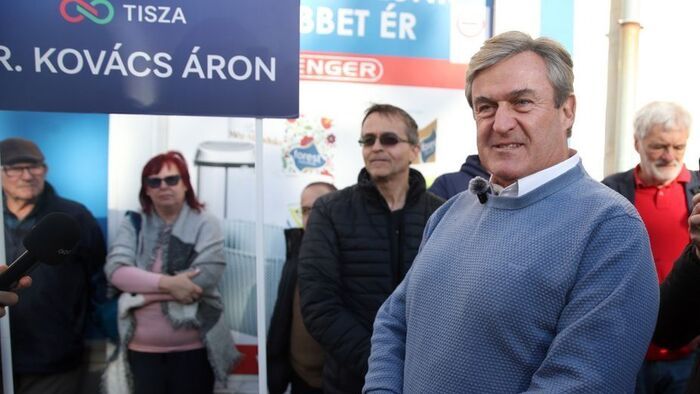

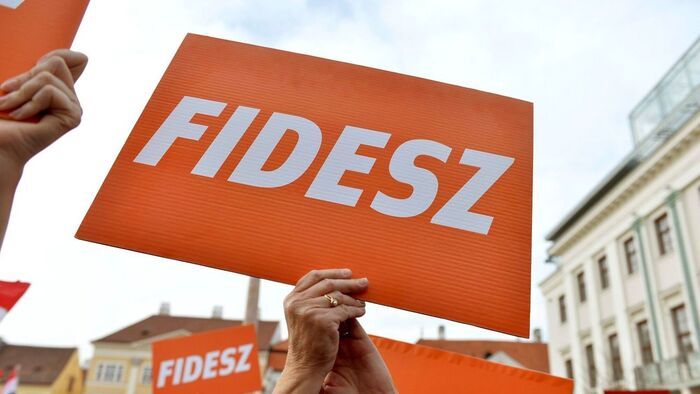
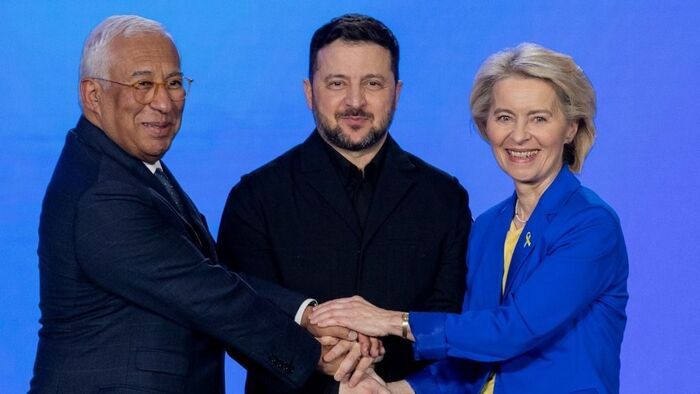
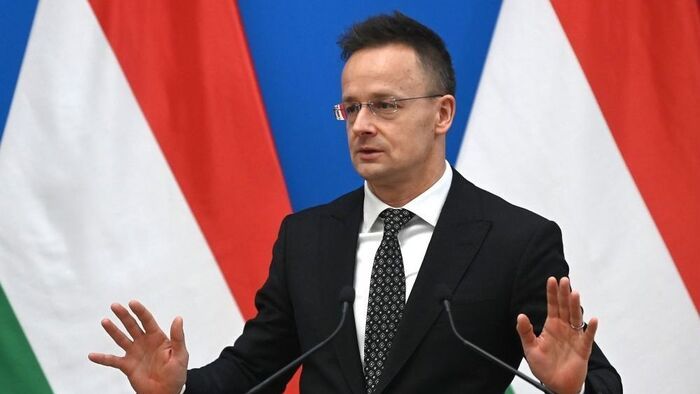
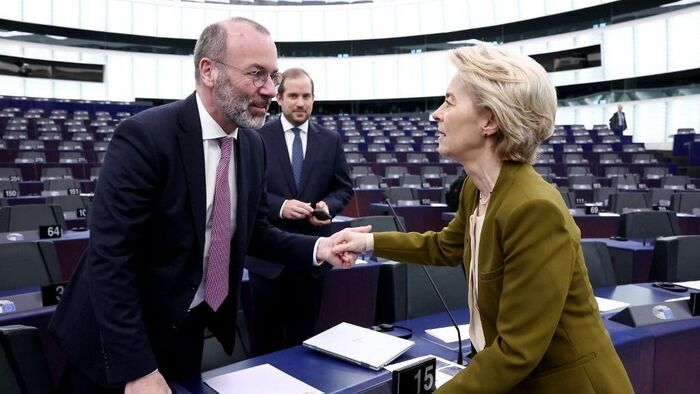


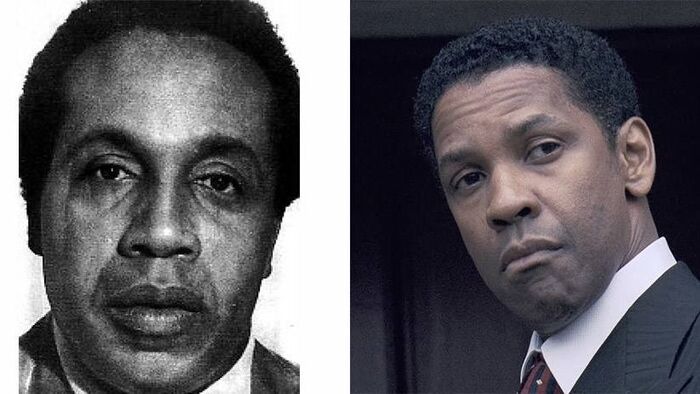
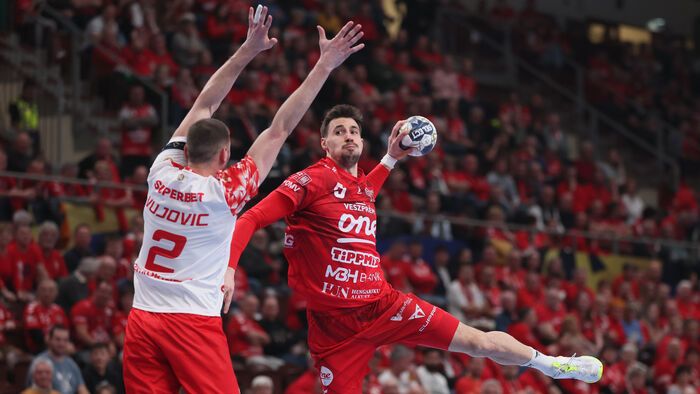

Szóljon hozzá!
Jelenleg csak a hozzászólások egy kis részét látja. Hozzászóláshoz és a további kommentek megtekintéséhez lépjen be, vagy regisztráljon!